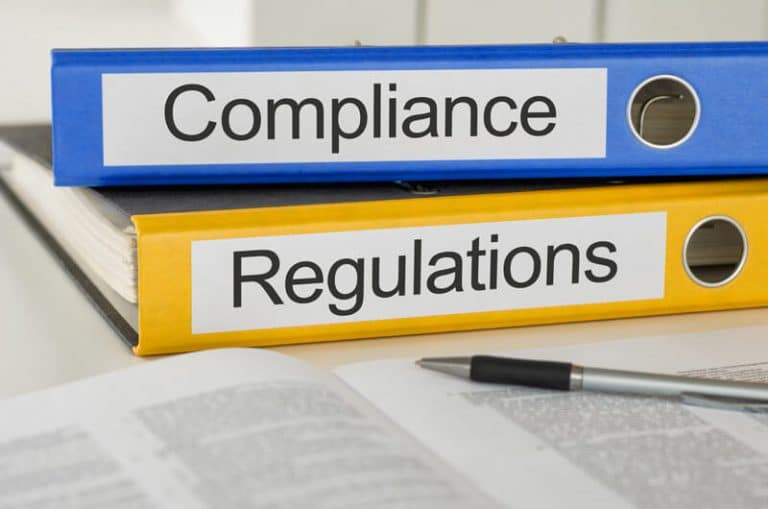We are in challenging times with the COVID-19 crisis, many businesses regulated by the United States Department of Transportation (DOT) are considered essential business and are currently operational. These DOT regulated businesses are subject to DOT required drug and alcohol testing. Remember, it is still about safety.
Drug testing facilities are also considered essential businesses and are open and operational. These facilities do not also conduct COVID-19 testing. These drug testing facilities are taking every measure possible to ensure clean, sanitized facilities and distancing as much as possible. These measures include increasing daily cleaning routines, frequent disinfecting of all surfaces, use of hand sanitizer, and more frequent hand washing.
What Does DOT Say About Random Drug Testing?
There have been no exemptions to the DOT random drug testing requirements. The DOT Office of Drug and Alcohol Policy Compliance (ODAPC) and all the DOT agencies have issued guidance on drug & alcohol testing. Each of these guidance statements can be viewed using the links below:
- Office of Drug and Alcohol Policy Compliance (ODAPC) Guidance
- FMCSA COVID-19 Drug & Alcohol Testing Guidance
- FAA – DISRUPTIONS TO DRUG AND ALCOHOL TESTING DUE TO COVID-19
- PHMSA – Random Drug Testing Selection Guidance
- USCG: COVID-19 – Guidance for Maritime Operators on Compliance with Federal Drug Testing Requirements
All of the guidance issued is fairly similar. The regulations for drug and alcohol testing are in effect. The federal government continues to require drug testing of employees in certain safety sensitive industries such as transportation. Here is a summary of the DOT guidance:
- As a DOT regulated employer, you must comply with applicable DOT training and testing requirements
- DOT recognizes that compliance may not be possible in certain areas due to the unavailability of program resources, you should make a reasonable effort to locate the necessary resources
- As a best practice at this time, employers should consider mobile collection services for required testing if the fixed site collection facilities are not available
- Additionally, employers who find it impossible to comply with any portion of the regulations must document the reasons why and always defer to the regulations themselves
Employers should not use the COVID-19 crisis as an excuse to not get their random testing completed. As this is the first month of the second quarter of the year, employers operating on quarterly random testing have until June 30th to complete selections provided for the 2nd quarter. What is important is that you do not notify the employee of his or her random test until you are ready to send them for immediate testing. The regulations require that upon notification of selection the employee reports immediately for testing.
Specific FMCSA guidance for the trucking and bus industries include the following:
- Random Testing, you are required by 49 CFR 382.305(k) to ensure that the dates for administering random alcohol and controlled substances tests are spread reasonably throughout the calendar year. DOT guidance further recommends that you perform random selections and tests at least quarterly
- If, due to disruptions caused by the COVID 19 national emergency, you are unable to perform random selections and tests sufficient to meet the random testing rate for a given testing period in order to achieve the required 50% rate for drug testing, and 10% for alcohol testing, you should make up the tests by the end of the year. You should document in writing the specific reasons why you were unable to conduct tests on drivers randomly selected, and any actions taken to locate an alternative collection site or other testing resources
- Pre-Employment Testing or Return to Duty Testing – If you are unable to conduct a pre-employment or return to duty test controlled substances test, in accordance with 49 CFR 382.301(a), you cannot allow a prospective employee to perform DOT safety-sensitive functions until you receive a negative test result unless the exception in 49 CFR 382.301(b) applies
So the bottom line is that every effort should be made to complete required DOT drug and alcohol testing. What circumstances would be appropriate to not complete testing?
- Your business is closed, not operating
- The selected employees are out of service due to illness, lay-off or furlough
- There is no availability for specimen collections (this is not likely)
Using COVID-19 as an excuse for not complying with the regulations could lead to violations, fines, and penalties.







